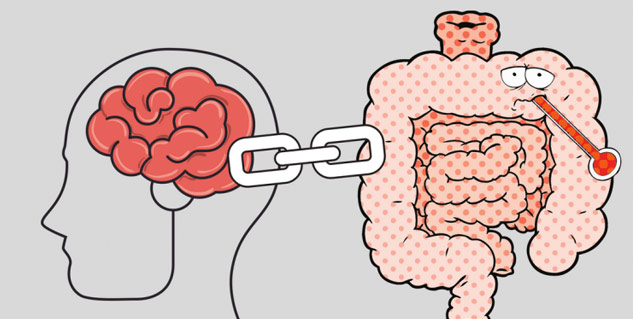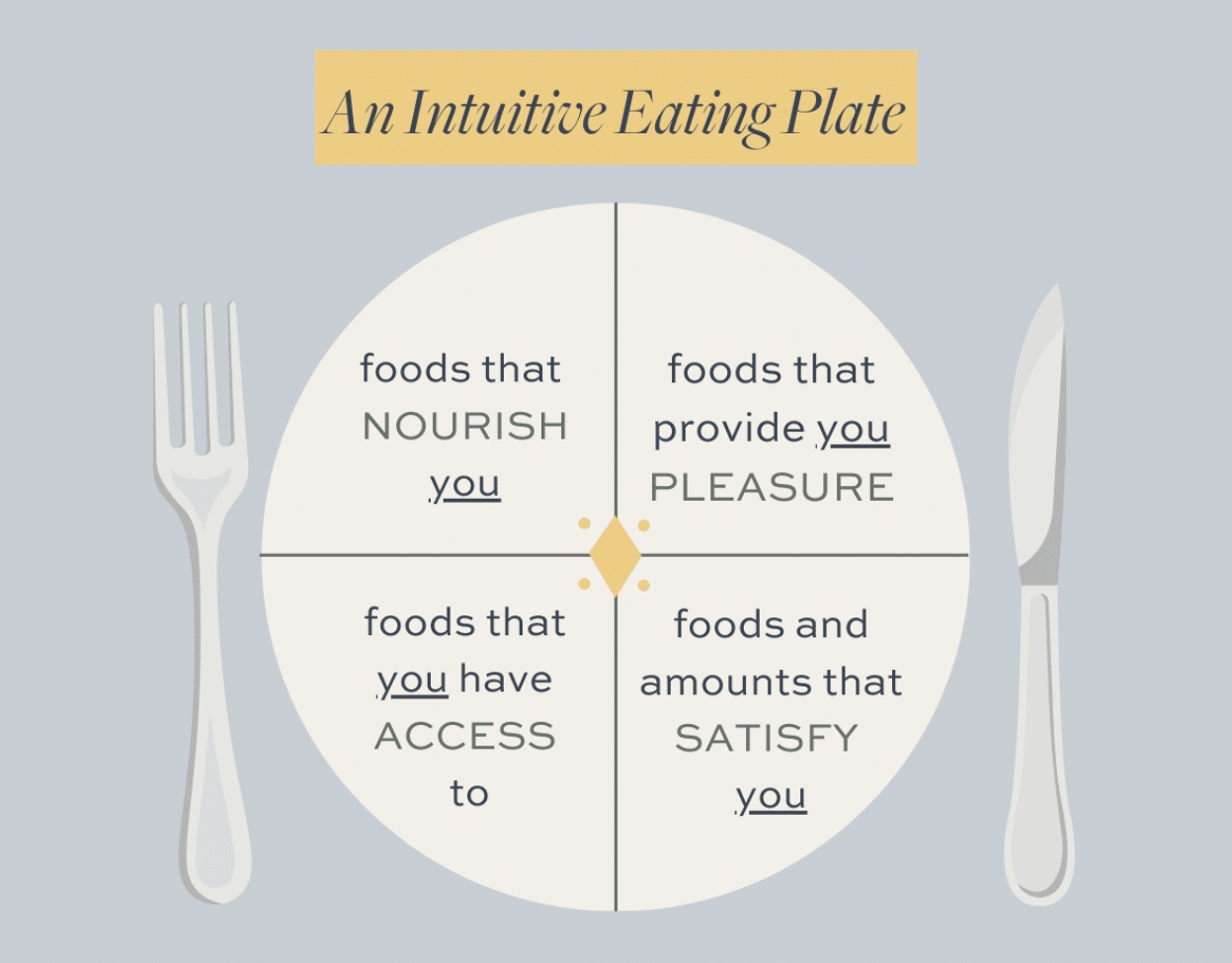We all know stress can mess with our minds, but did you know it can also mess with your gut? Stress doesn’t just make you feel frazzled—it actually has a direct impact on how your digestive system works. In today’s post, we’re going to break down how stress affects your gut and how you can manage it for better overall health.
Stress Can Mess with Your Gut
When stress hits, your body enters “fight or flight” mode. Your digestive system? It gets pushed to the back of the line. This means your body isn’t focused on digestion, which can lead to issues like bloating, indigestion, and other gut problems. And when stress sticks around for too long, your gut never gets a chance to reset. That means these digestive issues can become chronic and harder to manage.
Stress Disrupts Your Gut Bacteria
Your gut is home to trillions of bacteria that help with everything from digesting food to regulating your mood. But stress doesn’t just affect digestion—it throws your gut bacteria out of balance. High stress kills off the good bacteria, allowing the harmful bacteria to take over. This imbalance leads to inflammation, which doesn’t just mess with your gut—it also impacts your mental health. When your gut’s out of whack, your mind isn’t far behind.
Stress and Gut Health: A Vicious Cycle
Here’s the problem: stress and gut health feed off each other. The more stressed you get, the worse your gut feels. And when your gut feels bad—whether it’s bloating, indigestion, or mental fog—it makes you even more stressed. This creates a vicious cycle that can be tough to break if you don’t manage it.
How to Break the Stress-Gut Cycle
The good news is, you can control this. Here are a few simple strategies to manage stress and give your gut the reset it needs:
- Exercise
Physical activity is one of the best ways to reduce stress. It releases endorphins, helps regulate cortisol (the stress hormone), and gets your digestive system moving. Whether it’s a brisk walk or a full workout, make exercise a regular part of your routine to keep stress in check. - Mindfulness
Taking 5-10 minutes a day to practice mindfulness or deep breathing can lower stress levels and improve your gut health. Meditation, breathing exercises, or even just sitting quietly for a few minutes can help your body reset and promote better digestion. - Take Breaks
When stress starts to mount, don’t be afraid to take a step back. A short break—whether it’s a walk outside or just some time away from the situation—can lower your stress and give your gut the time it needs to function properly. Giving yourself permission to relax is key.
Final Thoughts
Stress is more than just a mental roadblock—it can also impact your gut, leading to a host of digestive and mental health issues. The good news is, you don’t have to let stress control your life. By incorporating exercise, mindfulness, and breaks into your daily routine, you can break the stress-gut cycle and start feeling better, both mentally and physically.
Don’t let stress take over. Manage it effectively, and your gut—and your mind—will thank you.




